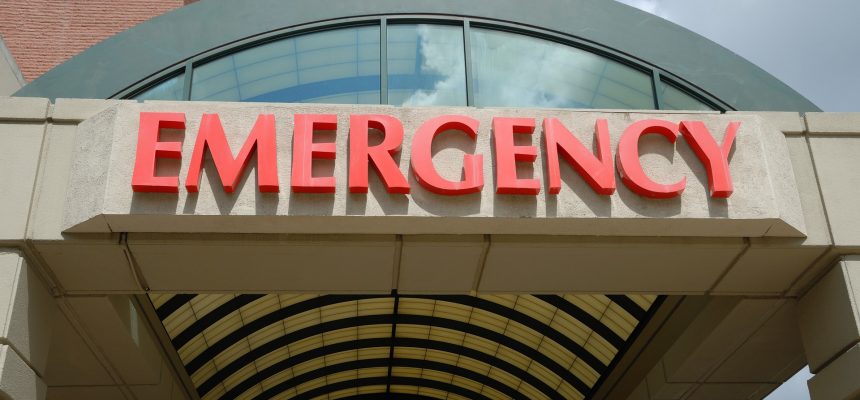After Heart Attack, Teacher Is Billed Twice His Annual Salary
By Consumers for Quality Care, on August 29, 2018

Before Drew Calver had his heart attack in April 2017, he considered himself to be in good health. At 44, Calver was an avid swimmer and had just completed an Ironman triathlon a few months before. Kaiser Health News reports on the health scare that upended Calver’s life and the subsequent bill that he never could have imagined.
[T]he popular high school history teacher and swim coach in Austin, Texas, collapsed in his bedroom from a heart attack. He pounded his fist on the bed frame, violent chest pains pinning him to the floor.
A neighbor rushed Culver to the nearby St. David’s Medical Center. The emergency room physician confirmed the heart attack and he was admitted to the cardiac unit. The next day, Culver’s doctors performed heart surgery, including inserting stents into a major artery.
Despite the surprise, even from his hospital bed, Calver asked whether his health insurance would cover all of this, a financial worry that accompanies nearly every American hospital stay. He was concerned because St. David’s is out-of-network on his school district health plan. The hospital told him not to worry and that they would accept his insurance, Calver said.
While Calver tried to avoid a surprise bill, he fell victim to another phenomenon that plagues consumers – balance billing.
They can also occur in cases like Calver’s, where insurers will pay for needed emergency care at the closest hospital — even if it is out-of-network — but the hospital and the insurer may not agree on a reasonable price.
When insurers and providers cannot come to a consensus on an appropriate payment, the consumer is left with the bill. All in all, St. David’s charged $164,941 for Calver’s surgery and 4-day hospital stay. Aetna, Calver’s insurer, paid just $55,840, leaving him responsible for the remaining $108,951.31.
The bill is nearly double Calver’s annual salary.
Both Aetna and St. David’s are standing by their decisions. However, experts estimate that a fair price for the surgery is nearly half of what Aetna paid, and thousands of dollars less than what St. David’s is still asking of Calver – somewhere between $27,000 and $37,000.
This case “illustrates the dangers that even insured people face,” said Carol Lucas, an attorney in Los Angeles with experience in health care payment disputes. “The unfairness is especially acute when there is an emergency and the patient, who might ordinarily be completely compliant, has no say about the facility he winds up in.”
Since the story has been publicized, the hospital said it would be willing to accept $782 to settle the remaining balance based on financial assistance.
For Calver, the situation is adding another layer of stress as he is supposed to be recovering from a frightful situation.
“I shouldn’t have ever had to deal with this bill,” the 44-year-old father said in a phone interview with The Washington Post, noting that the debt has been hanging over his head for more than a year. “I’m supposed to be reducing stress in my life with this heart condition, so it will be nice for this to end.”




